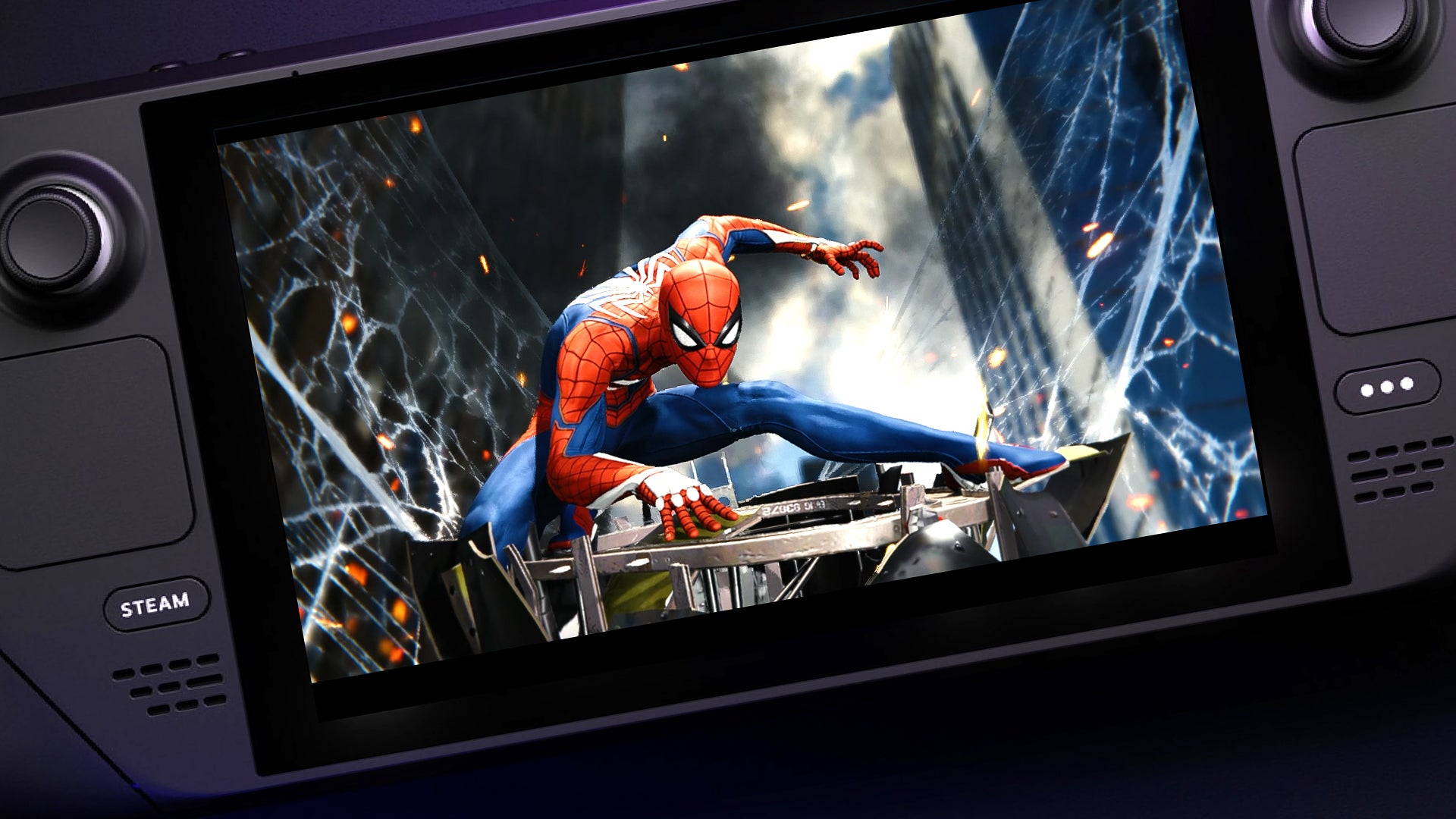I think it's easy to forget that the hardware side of PC gaming is an increasingly expensive hobby. As a problem Valve's customers (and potential customers) have, it seems to me like a worthwhile problem to solve with a Steambox.
Or MS to solve by allowing a Windows option on the Series consoles.
And let people buy games from Steam!

